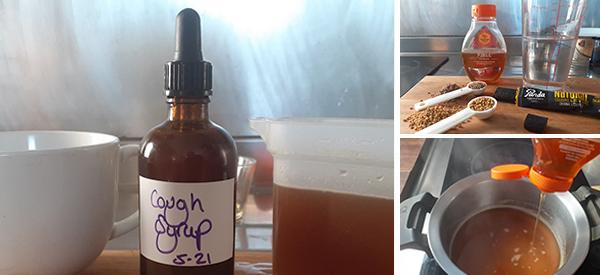
Herbal Mixture for Chronic Cough
Coughing is a perfectly normal reaction. It can help with keeping your throat clear from phlegm and other irritants as well. However, sustained coughing can also represent a symptom of a few conditions, such as allergies, viral infections, or bacterial infections.
A modern herbalist does not use a suppressive but favors expectorants or an ‘eliminative’ to soothe irritated surfaces and expel the excess mucus. An expectorant helps with promoting the removal of mucus from the respiratory system.
If a dry, unproductive irritating cough persists despite treatment, a qualified practitioner should be consulted. According to Penelope Ody, the act of coughing removes irritant particles from the airways. Chesty coughs are loose and produce white, yellow, or green mucus. Colored mucus may indicate an infection of bronchitis.
Recipe
In this recipe, I used fenugreek seeds, anise seeds, and licorice.
Fenugreek (Trigonella foenum-graecum)
Also known as Methi in India.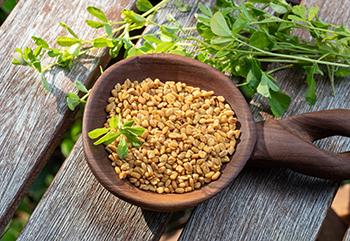
Constituents: flavonoids, volatile oil, saponins, alkaloids.
Action: leaves a soothing, protective coating over irritated surfaces (internal demulcent, external emollient); nutrient, anti-inflammatory, galactagogue, hypoglycaemic—a natural lubricant for the colon.
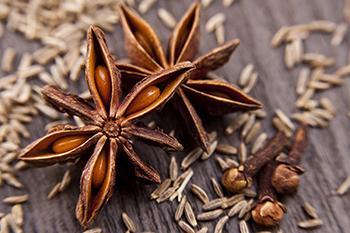
Caution Insulin-dependent diabetics should avoid fenugreek unless it is used under professional guidance.
Aniseed (Anise. Pimpinella anisum)
Action: carminative, expectorant, antispasmodic, oestrogenic, Anti-parasitic.
Uses Flatulence, dry coughs, whooping cough, tracheitis, bronchitis. Externally for scabies and lice infestation.
Licorice Root (Sweet root. Glycyrrhiza glabra L.)
Shredded or powdered dried root, licorice has a history of strength and long life in Chinese medicine. It was considered the sweet of the Pharaohs of Ancient Egypt. Historically speaking, it was carried by armies of Alexander to allay thirst and as alternative medicine.
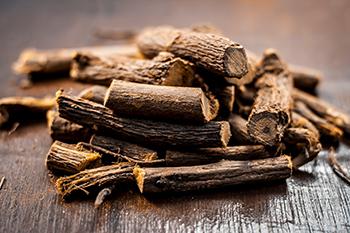 Constituents: volatile oil, coumarins, chalcones, triterpenes, flavonoids.
Constituents: volatile oil, coumarins, chalcones, triterpenes, flavonoids.
Action: demulcent, expectorant, glycogenconservor, anti-inflammatory, mild laxative. Adrenal restorative, Anti-depressive.
Uses Adrenal insufficiency Hypoglycaemia. Peptic ulcer – reduces gastric juice secretion. Inflamed stomach. Mouth ulcer. Duodenal ulcer.
It can also aid with respiratory infections: dry cough, hoarseness, bronchitis, lung troubles, catarrh.
Honey
Honey is not a herb, however, it preserves herbs and spices and represents a base for all cough syrup remedies. It is tasty, sweet, and comforting.
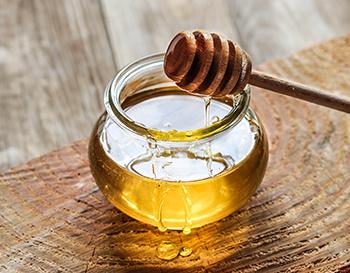
Honey is used as a beverage and medicine. Whilst not a herb, honey is processed by bees from the nectar of flowers and has an ethereal quality that enhances its healing properties. A source of vitamins and minerals. Action: Many bacteria cannot live in the presence of honey, since honey draws from them the moisture essential to their existence. It is a potent inhibitor of the growth of bacteria: salmonella, shigella, and E. coli. Taken internally and externally, hastens granulation and arrests necrotic tissue. A natural bacteriostatic and bactericide. Of an alkaline action, honey assists digestion, decreasing acidity. It is used with success for burns, frostbite, colic, dry cough, inflammations, involuntary twitching of eyes and mouth; to keep a singer’s throat in condition.
The Ingredients
- 4.2 fl. oz. approx. of runny honey
 1 tsp of anise seeds
1 tsp of anise seeds- 1/2 tablespoon of fenugreek seeds
- Small piece of licorice juice stick
- ¾ cup of water
Utensils:
- a pan to boil ingredients
- Dark glass bottle to store ingredients
- A funnel or a tiny jug to pour the mixture into a bottle
Steps:
- Dissolve the licorice juice stick in a pan with the water. Mine did not dissolve completely. In my opinion, it does not matter if you can see that the water changes color. It does not represent a problem if a tiny piece does not dissolve.

- You can see from this photograph how the water is now flavored with the licorice juice stick and a tiny lump remains. This is because they used wheat flour to bind juice into a stick with molasses.

- One teaspoon of anise seeds and ½ a tablespoon of fenugreek seeds.


- Dissolve the licorice juice stick in a pan with the water. Mine did not dissolve completely. In my opinion, it does not matter if you can see that the water changes color. It does not represent a problem if a tiny piece does not dissolve.
- Put the seeds in a cup or bowl and mix them with a spoon.

- Pour the licorice tea over the seeds. Let it stay for 10 to 15 minutes.

- Strain the mixture


- Add honey and return the mixture to the stove just enough to warm your honey for an easier mix. This will take just a few seconds on low heat.

- Stir constantly until the honey is fully dissolved. Remove from heat.

- Transfer into a container with a spout. If you have a small funnel, it is also a good choice!

- Transfer the liquid into a sterilized dark bottle and screw tight or place cork firmly in.

I had a lot of herbal mixture leftovers, somehow more than I expected. I put the remaining mixture into a jar and added it into the freezer.
Don’t forget to make a herbal chest rub as well and take echinacea so you can combat the possible infections.
Dosage: take one teaspoon up to 6 times a day. It can be stored in the fridge for up to 6 weeks.
With cold and influenza season in full swing, we need all the help we can get to keep our immune systems in touch with its needs. Here are a few of Nicole’s top picks that are found in our Essential Winter Defense Bundle. Whether maintaining lung health, boosting immunity, or reducing fevers, each herb supports overall well-being this winter and beyond.
Caution for coughs
If the cough is persistent or recurrent at any age, this is a sign of a serious health problem. Seek professional help if the cough lasts for more than 7-10 days, or if there is chest pain and no obvious signs associated with cold or infections. Seek professional help if the mucus from a productive cough is streaked with blood.
You may also like:
A Natural DIY Antibiotic Salve Recipe to Keep Around (Video)
Easy Hot Toddy Recipe For Cough and Cold

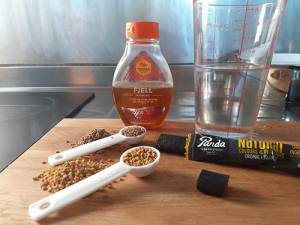 1 tsp of anise seeds
1 tsp of anise seeds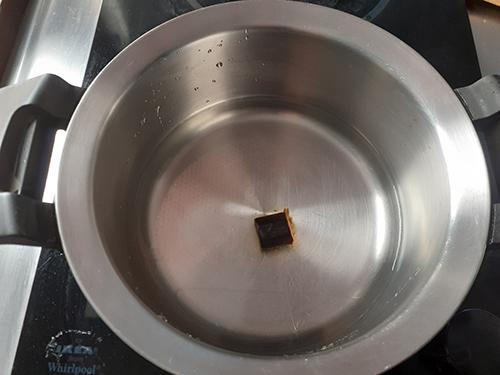
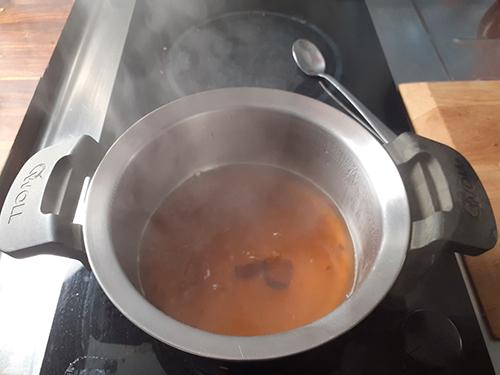
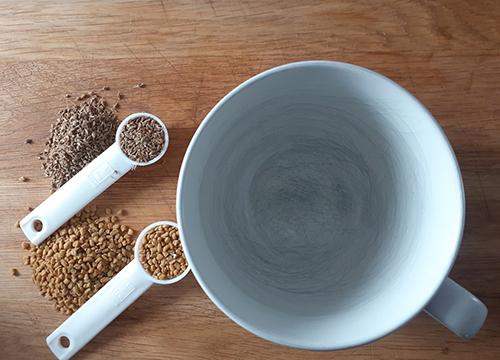
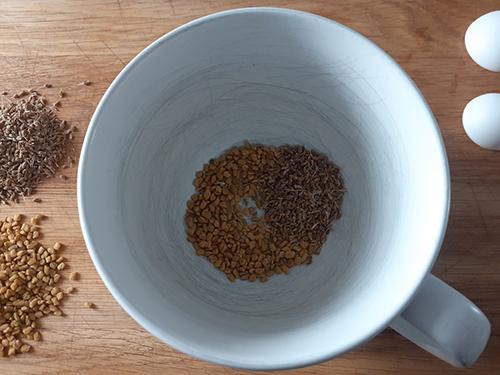
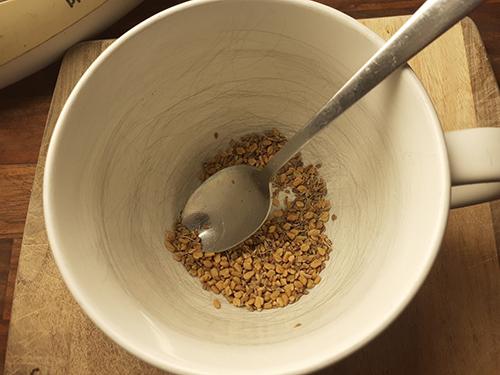
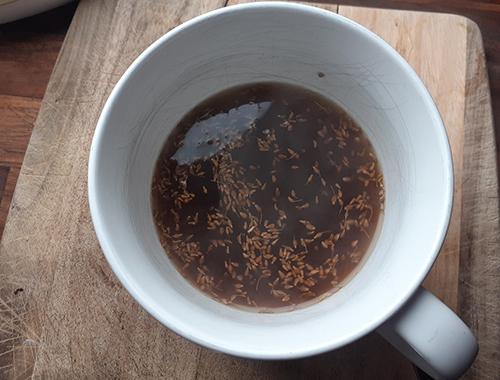
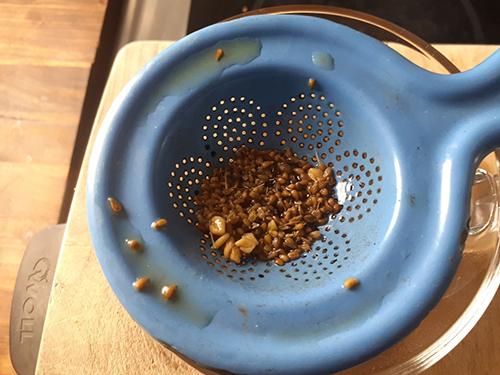
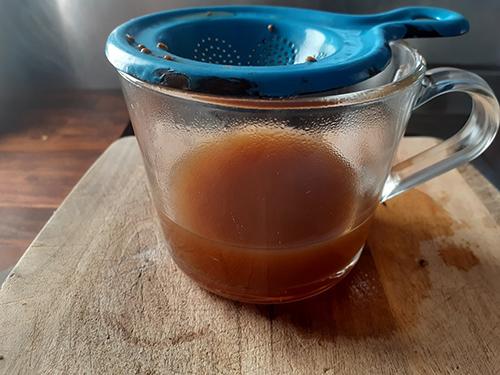
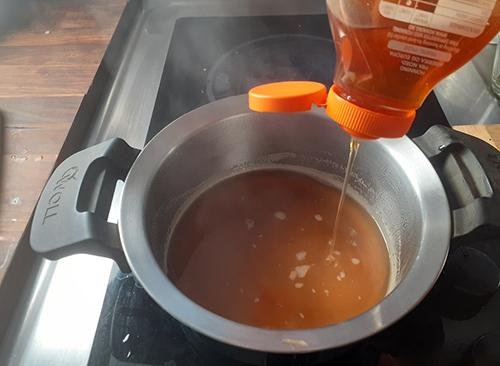
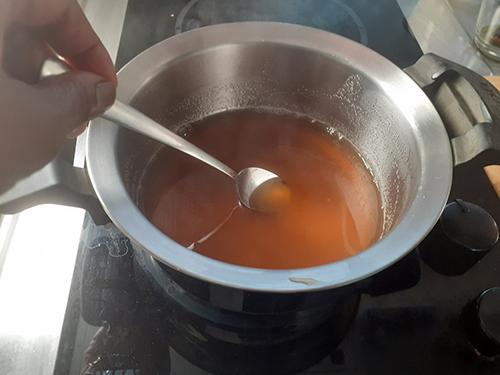
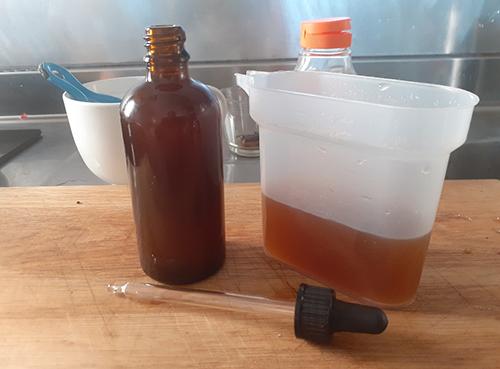
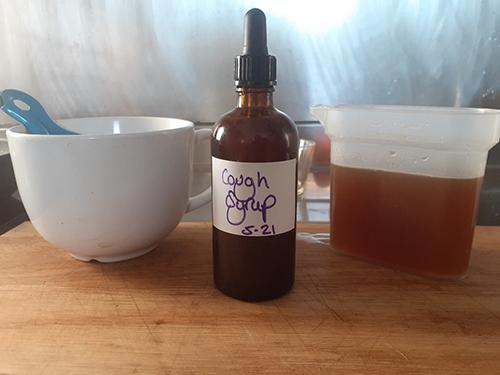

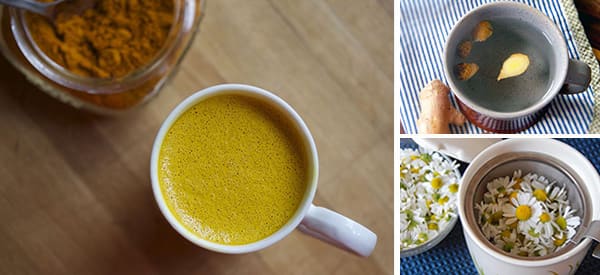

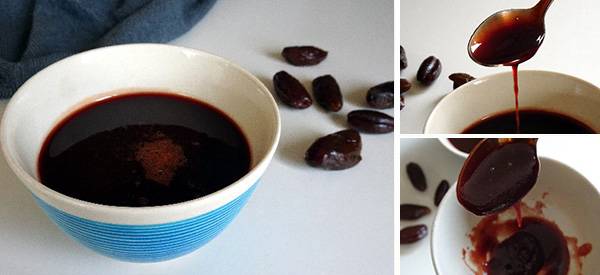
Is this safe for kids? Do you use the same dosage? Thank you!
Hi Cristina,
Unfortunately, Fenugreek should not be used by children as a supplement. Potential side effects of fenugreek include diarrhea, nausea, and other digestive tract symptoms and rarely, dizziness and headaches.
For children over the age of one, you can just try a homemade cough recipe of honey dissolved in warm water and lemon juice.
Studies have shown that honey is better than medicine for relieving coughs and helping a sick toddler sleep better. Honey is safe for children age 1 and older.
Children age 4 and older can also suck on sore throat or cough lozenges, sugar-free hard candies, or even frozen berries.
Keep a cool-mist humidifier in your child’s room to help loosen chest and nasal congestion, which is a great remedy for toddler coughing at night.
Many blessings and good health!
Thank you so much!
What do you do different to use licorice root instead of the licorice bar?
Q: What did one casket say to the other casket?
A: Is that you coffin?
Glad you revealed how licorice stick is held together with wheat…..Allergic to wheat so what now?
Thank you Ruth for this wonderfull article. My father 67 yrs of age suffers from asthma and struggle with a mild cough during the evening and the mornings. Can I give this cough syrup mixture to him and my children (between 10 months & 7yrs)? Thanks for your reply.
I have a morning cough every day, but I’m not sick. I drink Mullien tea, with 1/2 tsp. of ginger drink {which I find at the Asian market. Brand name is Gold Kili – Honey Ginger Drink. The Ginger drink is also good for mild acid reflux, that bloating feeling or mild upset stomach. I love the ginger}. Mullein tea has helped my cough, a lot. You can also buy Mullien in a bottle… 1200 mg. capsules…. both are good any cough related to COPD, asthma, bronchitis or just an average mild cough. Mullein helps break up the mucus in your lungs, so it can be expelled. I would think for COPD, bronchitis or asthma, you would want to use the 1200mg. capsules, so you’d know what strength you’re getting. You can buy Mullien on Amazon. It can also be grown in your yard {and I think Amazon sells the seeds}.
For Me… I buy one lb. of loose Mullein tea in a bag, on Amazon Prime and make a tea pot full. {I bought my tea pot at the Asian Market. I fill the strainer, with loose tea and rinse loose with cold water, to remove any dust, before pouring boiling water over it.} Hope this helps you, with some other ideas.
Glucose, sugar honey and fructose….. oh, yeah, 60% ginger…that is what your gold kili is…..just make ginger tea, and forget all the other stuff that isn’t healthy!!! ( honey is NOT healthy after boiling! All healthy enzymes are destroyed by heat) So basically all you are getting is sugar!
Hello diabetes!
It wasn’t the coughin’ that carried her off, it was the coffin they carried her off in.
Printable recipe please
Where do you get Licorice juice sticks. I made it with Licorice Root that was cut and dry. I can find dry licorice juice and licorice extract. Can I use either of those licorice products?
I got my Licorice Juice sticks from https://longislandhomebrew.com. They are relativity cheap and they have pretty fast delivery.
Living in Northern NJ – any suggestions on where to get herbs by the bulk or loose?
Hi Nicole,
Do you have a recipe book with all your remedies? I would love to have one.